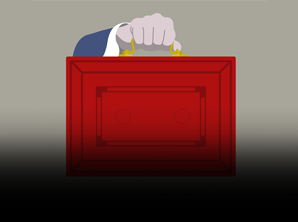A tax on e-cigarettes is a tax on smoking cessation
SUGGESTED



- *Cotti et al. (2020) studied e-cigarette taxes in eight US states and found that a decline in e-cigarette pod sales led to an increase in the sale of traditional cigarettes.
- Pesko et al. (2020) found that “higher e-cigarette tax rates increase traditional cigarette use” and predicted that an e-cigarette tax of US$1.65 per ml would increase the number of daily smokers by 1%.
- Saffer et al. (2019) concluded that a large tax on e-cigarettes in Minnesota prevented 32,400 smokers from quitting.
The mission of the Institute of Economic Affairs is to improve understanding of the fundamental institutions of a free society by analysing and expounding the role of markets in solving economic and social problems. The IEA is a registered educational charity and independent of all political parties.



